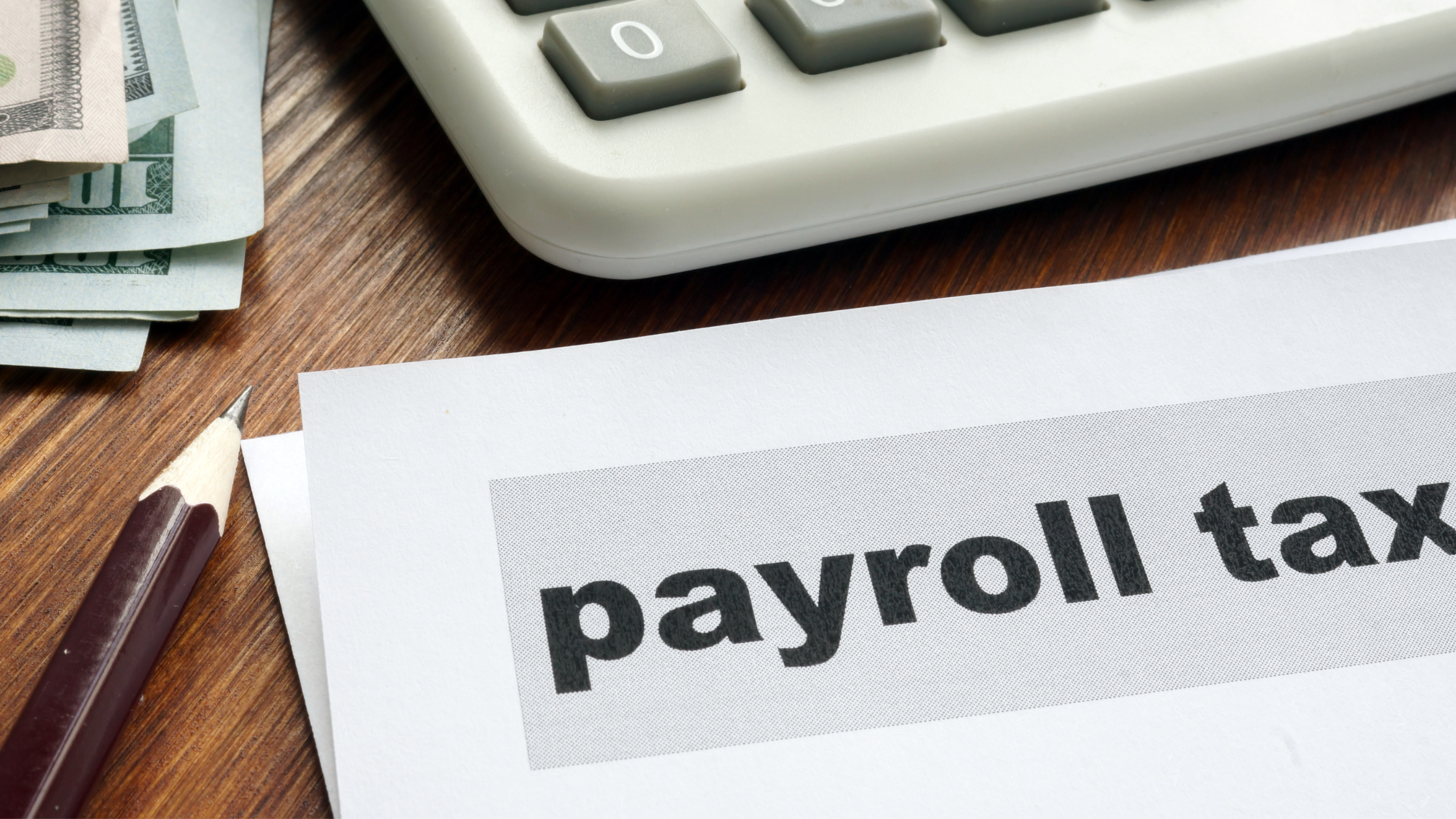As an employer, it's essential to understand the implications of delaying payroll tax payments and the significance of fulfilling your payroll tax obligations. In this comprehensive guide, we'll explore the potential repercussions of deferred payroll tax payments, review relevant federal laws, and discuss common state regulations.
Additionally, we'll dive into what payroll tax is and the ramifications of not paying it, focusing on breaking down complex topics into digestible chunks and providing actionable information for employers.
What is Payroll Tax?
Payroll tax is the tax that employers are required to withhold from wages paid to employees. These funds contribute to vital programs like Social Security, Medicare, and unemployment insurance. Employers must also make their own contributions to payroll taxes on behalf of their employees. In brief, payroll taxes are a crucial obligation for employers, employees, and the government.
What Happens if You Don't Pay Federal Payroll Taxes?
Non-compliance with payroll tax obligations can have serious consequences for your business. The Internal Revenue Service (IRS) considers payroll taxes as funds held in trust by the employer for the employees. Failing to remit these taxes can result in severe penalties, including substantial fines and legal actions.
When the employer withholds money from the employee i.e. federal or state income tax and doesn’t pay it in, it can get even worse as the government is considering it not your money, it’s the employees' money that you are responsible for sending to the government. This failure to pay payroll taxes not only affects the business, but also burdens employees with challenges in their personal tax filings. It can lead to potential legal issues if not resolved promptly. It is crucial for employers to understand the gravity of this situation and take immediate action.
Responsibility for unpaid payroll taxes can fall on anyone tasked with collecting and paying these taxes, including accountants or executives within the organization. The IRS may hold multiple individuals accountable if they played a role in the violation. This underscores the importance of ensuring that payroll taxes are properly managed and paid in a timely manner.
In some cases, employers who are unable to pay their payroll taxes may have the option to negotiate a settlement for less than the full amount owed. This can be done by submitting Form 656, known as an Offer in Compromise, along with supporting documentation. The IRS evaluates factors such as income, expenses, assets, and the ability to pay when considering these requests.
Given the critical role that payroll taxes play in funding social security, Medicare, and other essential programs, it is crucial for businesses to fulfill their payroll tax obligations promptly and accurately. By doing so, employers can avoid severe repercussions, protect their assets, and ensure the financial well-being of both their business and their employees.
State Regulations: New York and New Jersey
New York
Navigating payroll taxes in New York involves understanding both federal and state requirements. Employers must handle federal payroll taxes, including Social Security and Medicare, and New York state-specific taxes such as state income tax and unemployment insurance.
In New York, the state income tax is progressive, and employers must withhold this tax from employees' wages. They are also responsible for Unemployment Insurance (UI) contributions, which are essential for funding the state’s unemployment benefits. Employers can also opt into the Employer Compensation Expense Program (ECEP), which imposes a tax on annual payroll expenses exceeding $40,000 per employee.
To ensure compliance, businesses must regularly file payroll tax returns and make timely payments. Non-compliance can result in penalties and interest charges.
New Jersey
Managing payroll in New Jersey involves various requirements to stay compliance with state regulations. Employers must understand and fulfill their obligations, including withholdings for unemployment insurance, personal income tax, state disability insurance, workers' compensation, and paid family leave.
Like NY State, New Jersey employers are responsible for paying into unemployment insurance (UI) and they also have the option to collect contributions from employees.
Personal income tax is another important payroll withholding. Employers in New Jersey must calculate and deduct this tax from their employees' wages before making payment to the state. The New Jersey Department of Treasury offers an online portal for managing these payments.
State disability insurance (SDI) tax provides temporary benefits to workers for non-work-related illness, injury, or pregnancy. Employers can participate in the state public insurance program by deducting payroll taxes or provide coverage through a private insurance plan that meets New Jersey's requirements. The New Jersey Department of Labor and Workforce Development provides more information on SDI.
Employers in New Jersey are required to have workers' compensation insurance to cover the costs if an employee gets injured while working. It is important to differentiate workers' compensation from state disability insurance, as the former is for work-related injuries. The New Jersey Department of Workforce and Labor Management provides information on finding qualified commercial carriers.
Paid family leave (PFL) is state insurance that provides cash benefits to employees who need time off to care for a family member. Employers must withhold PFL payments from employees' wages and make payments through an online portal. The New Jersey Department of Labor and Workforce Management offers more information on PFL and employer responsibilities.
Conclusion
Ensuring that payroll taxes are paid on time and at all is crucial to avoid penalties and maintain compliance with IRS regulations. MegaPay can facilitate this process for employers by offering automated payroll tax services.
By utilizing MegaPay's automated payroll tax solutions, employers can streamline the tax remittance process, eliminate the risk of missed deadlines, and ensure accurate and timely payments to the IRS and other relevant agencies.
 Meet the platform.
Meet the platform.





